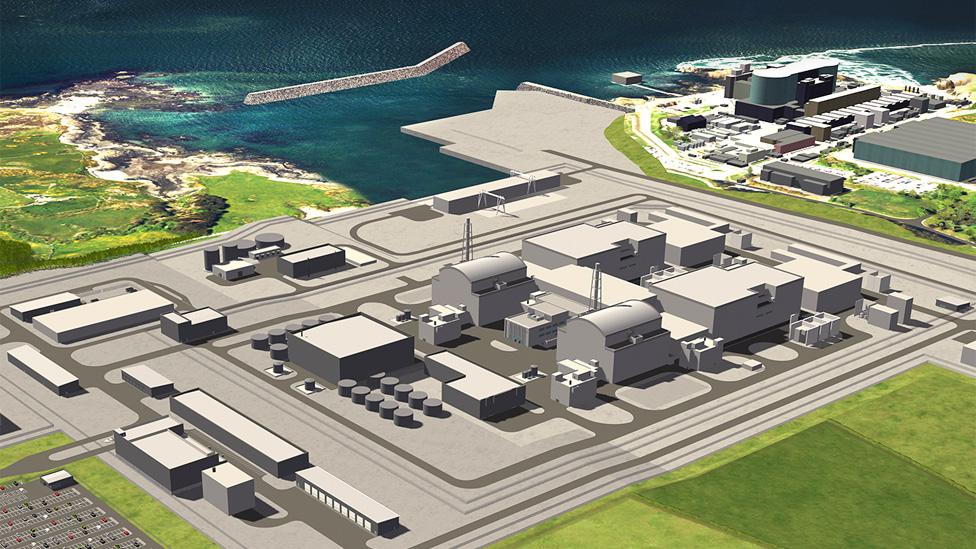Bird colony delays Anglesey Wylfa Newydd nuclear plans
- Published
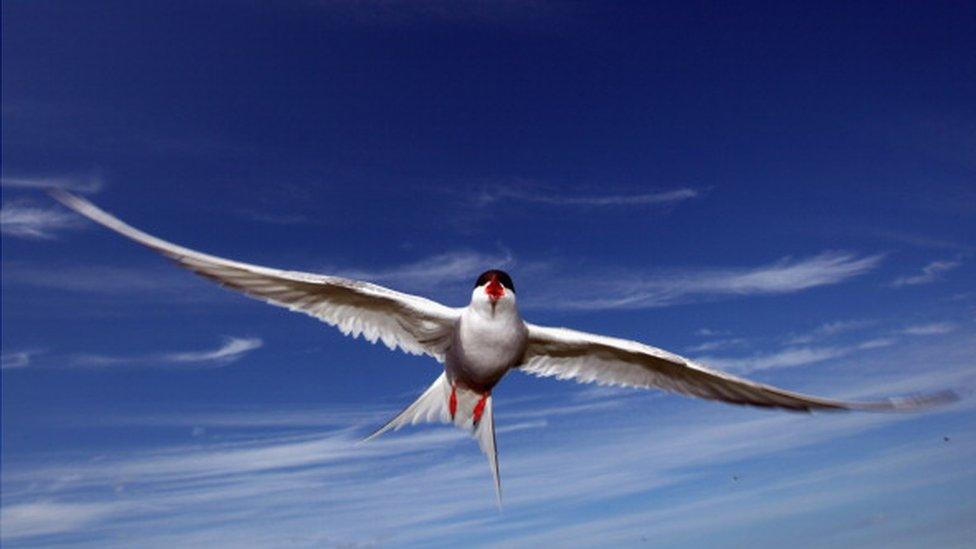
Terns breed in Cemlyn nature reserve, less than a mile from the proposed site of the nuclear reactor
A colony of birds has delayed the submission of plans for a new nuclear plant on Anglesey.
Horizon Nuclear Power said it needed more time to address concerns raised about the impact Wylfa Newydd could have on terns in Cemlyn nature reserve.
The firm said it was "confident" it could resolve the issues.
Chris Wynne of North Wales Wildlife Trust welcomed the move and said concerns about the impact of building work on terns needed to be looked into.
Developers hope work on the £12bn reactor will start in 2020, with power being generated by 2025. The plant will have a 60-year operational life.
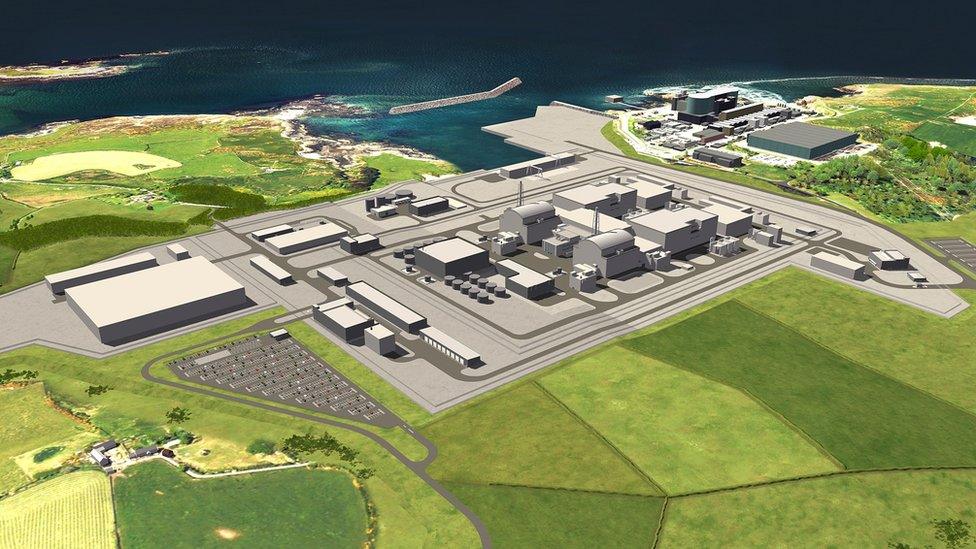
Horizon Nuclear Power says about 8,500 workers will be on-site at the peak of the building phase
Mr Wynne, a senior reserve manager, said the Cemlyn reserve is adjacent to the site and is home to about 1,900 pairs of breeding terns.
"We have a number of concerns about noise levels during the breeding season during the summer months," he added.
"Terns are quite vulnerable to disturbance early in breeding season.
"The development would take numerous years. With that disturbance every year, the birds might not come back."
A Horizon spokesman said: "Our goal has always been to achieve a Development Consent Order that, as far as is possible, meets both our requirements and those of our key stakeholders.
"Before we finally submit the DCO we intend to take a little more time to finalise our approach to dealing with protected bird habitats near to the Wylfa Newydd site."
As part of the plans, Horizon is looking to create ecological areas and wetland habitats to offset the impact its building work will have.
- Published27 March 2018
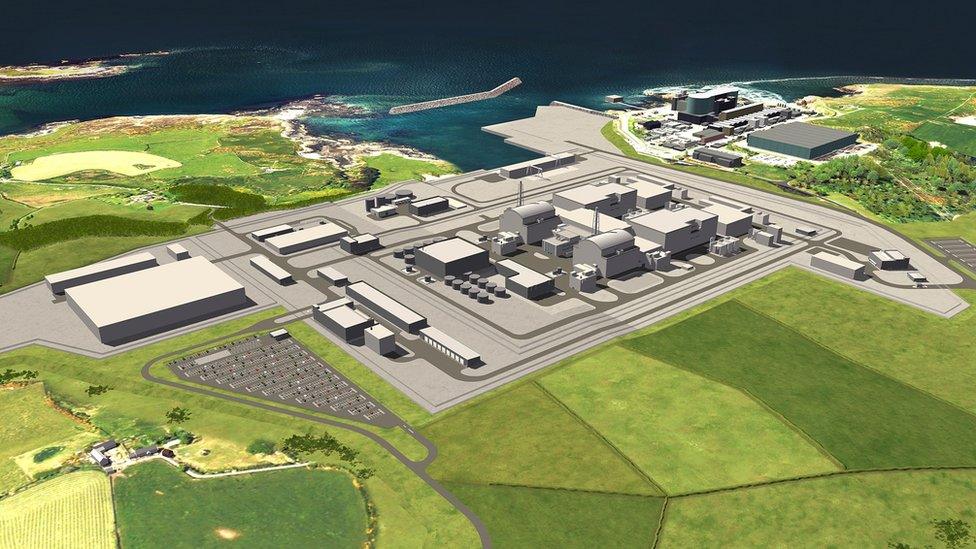
- Published16 January 2018
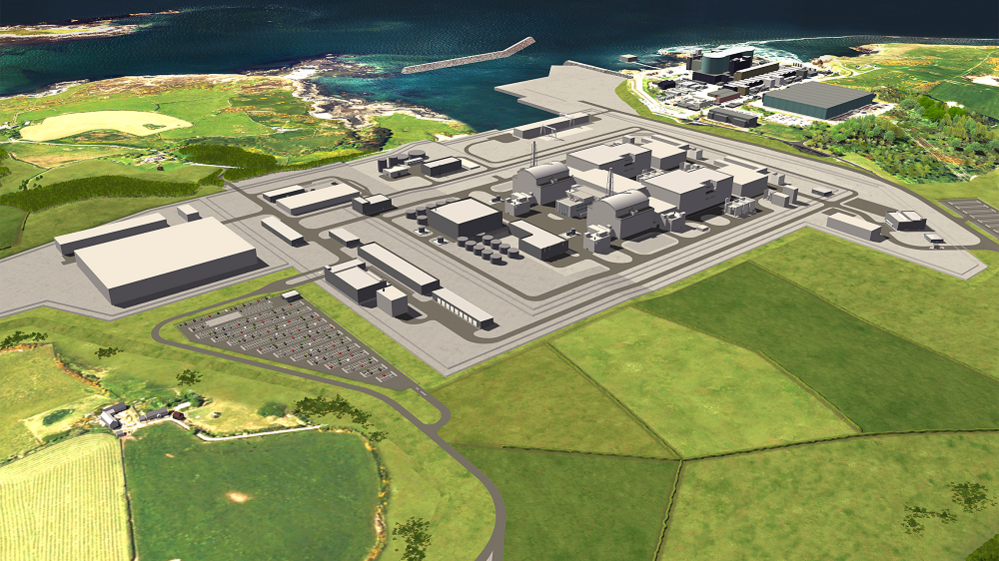
- Published9 November 2017
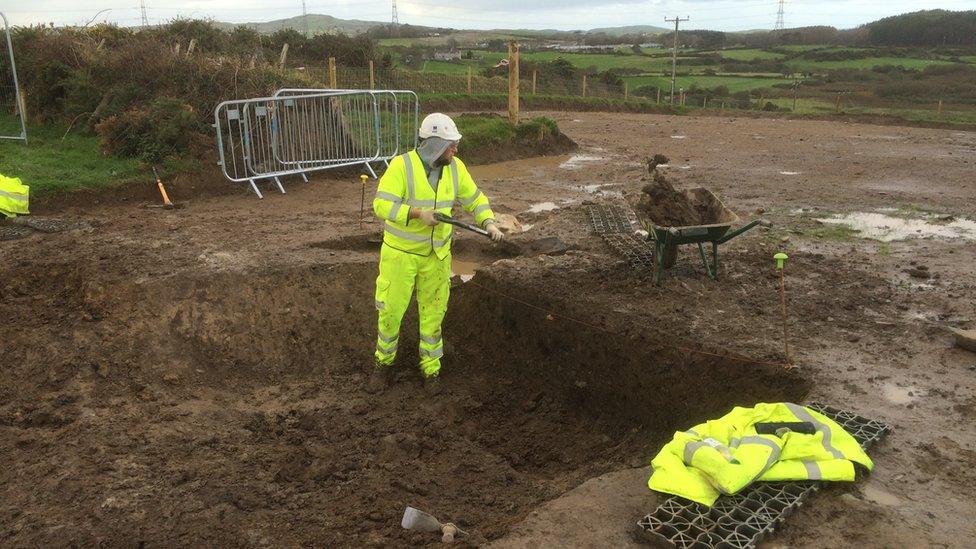
- Published6 November 2017
